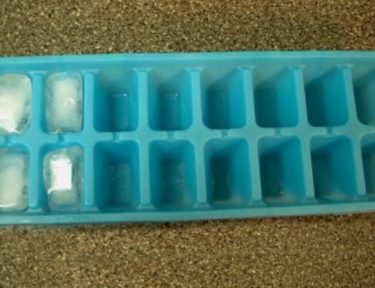Study Says That Eating This Can Lower Your Risk of Dying Early from Cancer or Heart Disease
Just in case you needed another push to change your dietary habits for the better, a new study touts the benefits (and necessity) of eating more fiber. Why? Because it lowers the risk of disease by up to a third.
Researchers wanted to examine the effects of eating high quality versus low quality carbohydrates and how it impacts the body. Specifically, they wanted to see how the consumption of certain foods with fiber contributed to the risk for conditions like diabetes 2, stroke, heart disease, and cancer.
All you have to do is eat more fiber! It’s just that simple. No expensive, exotic fruits. No bottled supplement. Increase your fiber, y’all and feel better. What makes it so great and noteworthy?
You already know it helps with constipation and some of you may even have some Metamucil sitting in your pantry. But this new information published in The Lancet showed that consuming large amounts of fiber-rich foods lessens the likelihood of an early death and incidence of the aforementioned illnesses by 15-30%.
Commissioned by the World Health Organization, the study compiled data from over 180 previous studies and 58 clinical trials, where millions of people were tracked for years. Its findings suggest that by bumping up your daily intake to a minimum of 25 – 30 grams per day, you will see significant changes in your health.
On average, most people get about 15 grams (or less) per day, though current recommendations stand at 25 grams for women and 38 grams for men under age 50. For older adults, the amount is lowered to 21 grams for women and 30 for men.
It may sound hard but incorporating small changes into your daily routine can increase for your fiber load. Eating plenty of fruits like apples, bananas, raspberries, and mangos can give you a nice boost throughout the day. Including one cup of yummy lentils, black beans, or split peas feeds you with 15 to 16 grams of fiber. Yay legumes!
Want to take baby steps? Start by swapping out your white bread for wheat or another whole grain. Cook some oatmeal for breakfast or turn it into bars or balls.
When fiber moves through your system, it helps you to feed your health gut bacteria while also pushing old food waste out. That action leads to lower blood sugar, cholesterol, and better metabolism.
One of the study’s authors, Dr. Andrew Reynolds, also noted another pattern with those who upped their fiber – weight loss:
“We saw this from the trials where participants were asked to increase their fiber intakes. When considering all the trials of increasing fiber intakes, those participants that did reduced both their body weight and the total cholesterol in their blood, two important predictors of disease.”
All the doctors who conducted this study agreed that it is never too late to start eating a fiber-rich diet, because your body will reap the benefits no matter your age. To get an idea of what foods are high in fiber, check out this handy chart at health.gov.
Do you think you’re getting enough daily fiber? Will you change your eating habits to up your intake? What are your thoughts on this study?
Sources:




